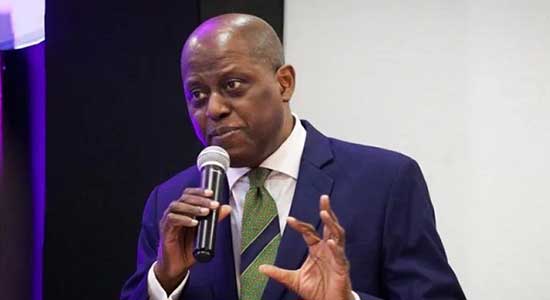Nigeria’s inflation rate dropped to 18.02% in September 2025, marking the lowest level in three years, according to data from the National Bureau of Statistics (NBS). The decline represents the sixth consecutive month of slowdown and a dramatic fall from the 34.19% peak recorded in June 2024, signaling growing confidence in the Central Bank of Nigeria’s (CBN) strategy to curb inflation.
At the IMF World Bank Annual Meetings in Washington, CBN Governor Olayemi Cardoso stated that inflation is expected to continue on a downward path in the near term. He attributed this trend to sustained tight monetary conditions, a stabilizing naira, and improvements in food supply across the country.
To tackle inflationary pressures, the CBN pursued an aggressive tightening cycle, raising the Monetary Policy Rate (MPR) from 18.75% in July 2023 to 27.50% by mid-2025, before slightly easing it to 27.00% in September. The Cash Reserve Ratio (CRR) for commercial banks was also lifted to 50%, later reduced to 45%, as part of what the Bank calls a firm anti-inflationary stance.
Core inflation eased to 19.53%, while food inflation the most volatile component fell to 16.87%, reflecting stronger agricultural output and lower logistics costs. The CBN noted that these improvements were reinforced by ongoing foreign exchange market reforms, which have stabilized the naira and narrowed the gap between the official and Bureau de Change (BDC) rates to less than 2%, compared with double-digit disparities a year earlier.
According to the CBN, the stabilization of the naira has been instrumental in reducing imported inflation. The Bank added that enhanced FX liquidity and reduced market volatility are contributing to stronger price stability. Nigeria’s foreign reserves have also risen above $43 billion, providing more than eleven months of import cover, a development driven by consistent foreign exchange inflows and growing investor confidence in government reforms.
While inflation remains above the CBN’s target range, the continued moderation has eased pressure on households and businesses. Analysts say this progress could offer room for future interest rate adjustments if the disinflation trend persists. The CBN emphasized that its priority is to consolidate these gains by maintaining exchange rate stability, boosting food production, and moderating energy costs to sustain price stability.
Governor Olayemi Cardoso reaffirmed the Bank’s commitment to restoring macroeconomic balance and anchoring inflation expectations. “Inflation affects every Nigerian,” he said. “Our job is to ensure that monetary policy supports a stable and predictable environment for growth.”



